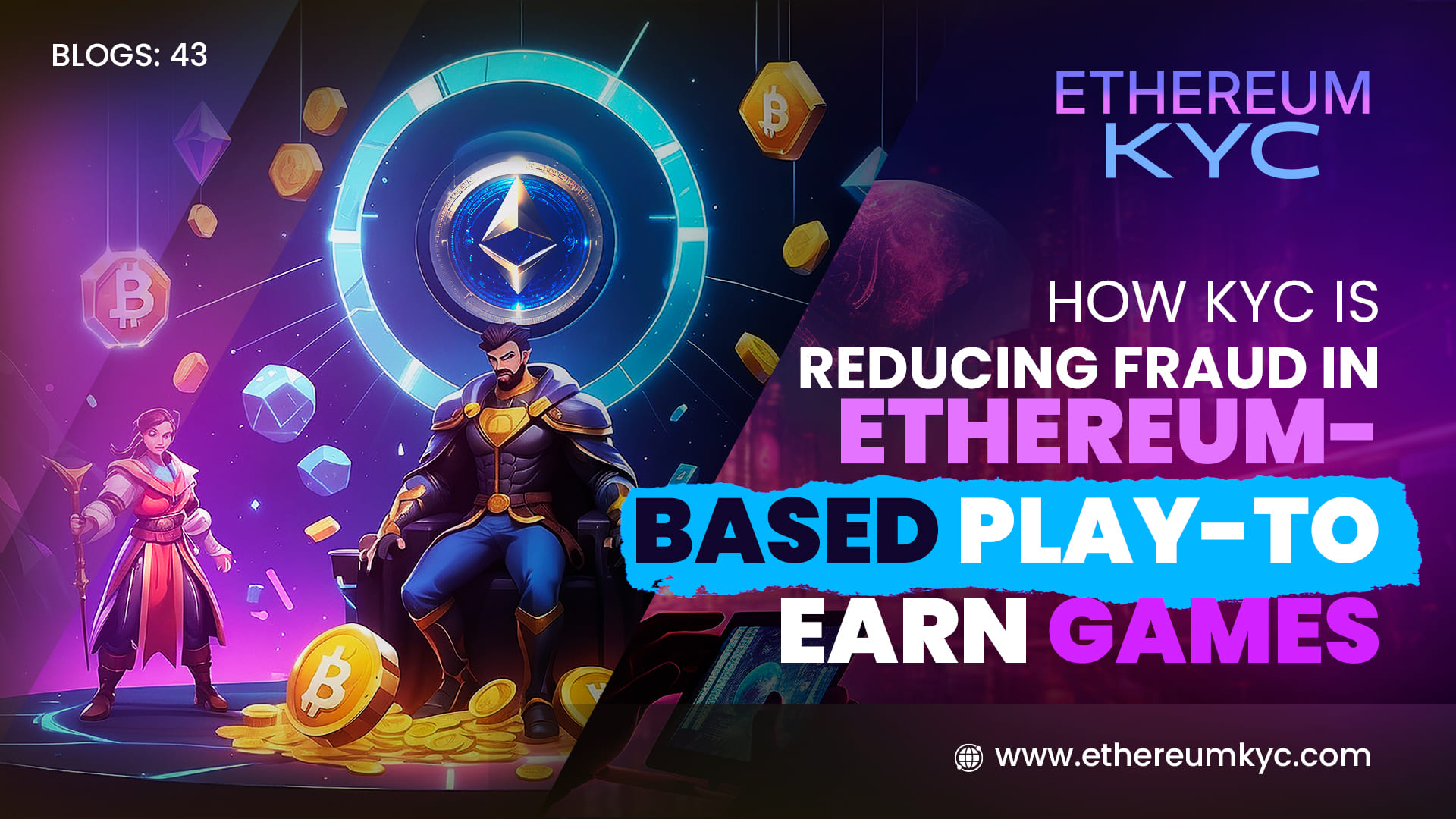September 12, 2024
The Importance of Smart Contracts in Ethereum-Based Projects
Ethereum’s revolutionary smart contracts have become a game-changer for decentralized projects, automating processes and ensuring trustless transactions. Whether you’re developing a decentralized finance (DeFi) platform or launching a new token, smart contracts are central to the success of Ethereum-based projects. In this article, we’ll explore why smart contracts are so crucial and how they are shaping the future of decentralized applications (dApps).
1. What Are Smart Contracts?
At their core, smart contracts are self-executing agreements that automatically enforce the terms of a contract. Written in code and stored on the Ethereum blockchain, smart contracts ensure that transactions only occur when predefined conditions are met. This eliminates the need for intermediaries, reduces costs, and improves the speed of business operations.
2. Why Smart Contracts Are Essential for Ethereum Projects
Smart contracts bring several benefits to Ethereum projects:
- Automation and Efficiency: Smart contracts automatically execute agreements once conditions are met, ensuring faster and more efficient processes compared to traditional contract methods.
- Transparency and Trust: Since smart contracts operate on the blockchain, they are transparent and immutable, meaning that once a contract is deployed, it cannot be altered. This ensures fairness and builds trust between parties.
- Cost Savings: By removing intermediaries like lawyers or brokers, smart contracts drastically reduce the costs associated with traditional contracts and transactions.
3. Applications of Smart Contracts in Ethereum Projects
Ethereum smart contracts are versatile and can be applied to various industries, including:
- DeFi: Smart contracts automate lending, borrowing, and staking in DeFi platforms like Aave and Compound, allowing users to earn interest, take out loans, or provide liquidity without intermediaries.
- Token Sales and Presales: Many Ethereum projects use smart contracts to manage token sales, ensuring that tokens are distributed according to a preset schedule and funds are handled securely.
- Decentralized Governance: Projects like MakerDAO use smart contracts to facilitate decentralized governance, allowing token holders to vote on important decisions without relying on a central authority.
4. Security Considerations for Smart Contracts
While smart contracts offer numerous benefits, they are not without risks. Poorly written contracts can contain vulnerabilities that hackers can exploit. To mitigate this risk, many Ethereum projects conduct security audits from trusted firms like CertiK or Quantstamp. Auditing smart contracts ensures that they are secure, reducing the likelihood of bugs or exploits.
5. The Future of Smart Contracts
As Ethereum continues to evolve with the transition to Ethereum 2.0, the scalability and speed of smart contracts will improve. This opens up new possibilities for more complex and scalable applications in DeFi, NFTs, and beyond. For project owners, leveraging Ethereum’s smart contracts will remain a key element in driving innovation and building trustless applications.
Conclusion
Smart contracts are at the heart of Ethereum-based projects, automating processes, improving transparency, and reducing costs. Whether you’re launching a DeFi platform or managing token sales, smart contracts provide the security and efficiency needed to succeed in the rapidly evolving blockchain ecosystem.





